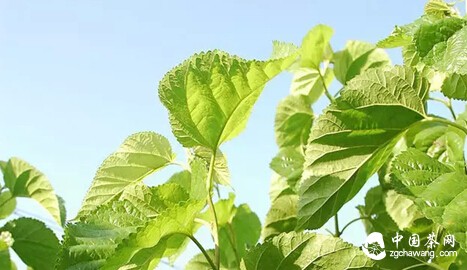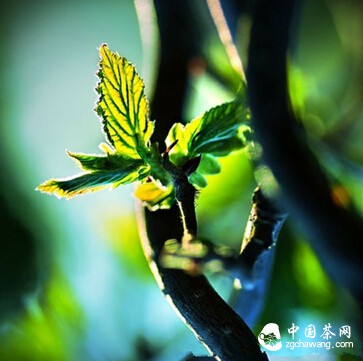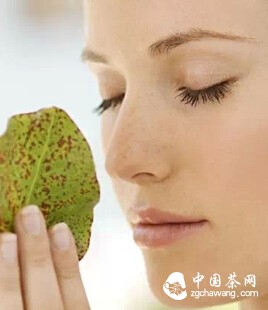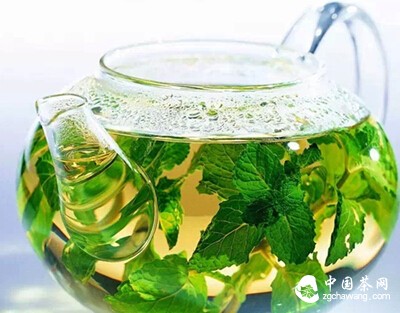Mulberry leaf, known in ancient times as the "immortal herb," is rich in flavonoids, high-quality protein, sugars, organic acids, alkaloids, vitamins, amino acids, zinc, calcium, phosphorus, manganese, iron, and various other trace elements. It is recognized by the National Health Department as a "medicinal and edible plant" and is listed by the International Food Health Organization as one of the "Top Ten Health Foods for the 21st Century," becoming a new green food source for humanity. According to modern pharmacological research, mulberry leaves have the effects of lowering blood sugar, reducing blood lipids, lowering blood pressure, inhibiting arteriosclerosis, antibacterial, antiviral, antioxidant, anti-aging, beauty, spot removal, clearing heat, and improving eyesight.

The blood sugar-lowering effect of mulberry leaves is achieved through two pathways:
First, the mulberry leaf alkaloid DNJ inhibits the activity of disaccharide-degrading enzymes, thereby inhibiting the small intestine's absorption of disaccharides and reducing the post-meal blood sugar peak. Second, the mulberry leaf alkaloid fagomine and mulberry leaf polysaccharides promote insulin secretion by β-cells. Insulin, in turn, promotes cellular sugar utilization, liver glycogen synthesis, and improved sugar metabolism, ultimately achieving the effect of lowering blood sugar.

The blood viscosity of patients with hyperlipidemia is high, and flow in capillaries is particularly impeded.
Capillaries are only 1/100th the thickness of a human hair, making them prone to blockage. Myocardial infarction and cerebral hemorrhage are both results of capillary blockage. Mulberry leaves contain flavonoid components that strengthen capillaries and reduce blood viscosity. Mulberry leaves inhibit the intestinal absorption of cholesterol and reduce its deposition on the vascular intima. Therefore, while aiding weight loss and improving hyperlipidemia, they also inhibit lipid oxidation and arteriosclerosis, preventing myocardial infarction and cerebral hemorrhage.

Antibacterial, Antioxidant, Anti-aging
In vitro tests show that fresh mulberry leaves strongly inhibit Staphylococcus aureus, Streptococcus hemolyticus, Corynebacterium diphtheriae, and Bacillus anthracis. The phytoalexins in mulberry leaves have antimicrobial effects.
Mulberry leaves contain ecdysterone, lupeol, rutin, mulberroside, and many amino acids, vitamins, chlorogenic acid, folic acid, fumaric acid, mesoinositol, phytoestrogens, and other substances required by the human body. These have effects such as anti-stress, anti-aging, enhancing endurance, and regulating adrenal function. Mulberry leaves help drain excess water deposited in cells, have sweat-stopping and edema-improving effects, comprehensively regulate various functional organs of the human body, and stabilize the autonomic nervous system. They are particularly effective for hot flashes and sweating during menopause in the elderly. They can alleviate emotional agitation and mood swings in older adults during menopause. While ginseng is a hot tonic, mulberry leaves are a mild tonic, suitable for all ages and all seasons.

Mulberry leaves are a cost-effective natural beauty and skincare product.
They are especially effective for facial acne, brown spots, and pregnancy melasma. Experts believe that the beneficial effect of mulberry leaves on skin brown spots may be related to their ability to improve the body's secretory function and their heat-clearing and detoxifying properties. Mulberry leaves inhibit the reproduction of harmful intestinal bacteria and the formation of peroxides, regulating the intestines and promoting detoxification. Pharmacological studies show that mulberry leaves are rich in flavonoids, phenols, amino acids, organic acids, carotene, vitamins, and various essential trace elements, which positively affect improving and regulating skin tissue metabolism, particularly in inhibiting the occurrence and development of pigmentation.

Mulberry leaf tea can aid weight loss, which is related to its "detumescence" and "blood purification" effects.
The reason mulberry leaf tea can reduce swelling is because it has a diuretic effect. This diuretic effect is different from simply promoting urination; it also helps drain excess water accumulated in cells. Therefore, mulberry leaf tea can improve so-called edema phenomena.

Laxative and Detumescent
Under the influence of mulberry leaves, sugars not absorbed by the small intestine and transported to the large intestine are acted upon by intestinal flora, generating organic acids such as carbon dioxide, hydrogen, butyric acid, propionic acid, acetic acid, and lactic acid. This acidifies the intestinal environment, inhibits the proliferation of harmful bacteria, improves intestinal health, relieves constipation, and reduces bloating.
